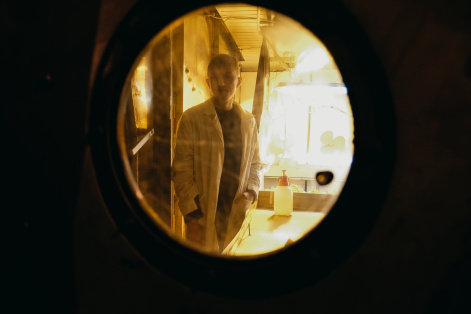Krasnoyarsk biophysicists told the Vesti TV channel about the legendary project BIOS
16 April 2021 г.

BIOS-3 itself, a closed life support module, was created by Krasnoyarsk scientists by the order of Sergei Korolev. 40 years ago a team of 3 people lived here. The experiment became a worldwide sensation. A team lived for half a year in a closed system, and no one in the world had done this before. During the perestroika period "BIOS-3" was mothballed, and the module is empty now. Meanwhile, China is surprising the world community with experiments similar to BIOS which are called the Moon Palace. However, not everyone knows that when creating it, the Chinese actively consulted and applied the experience of Krasnoyarsk scientists. At present, another important project concerning life support systems has been developed at the Institute of Biophysics, namely a device for the processing of biological waste.
